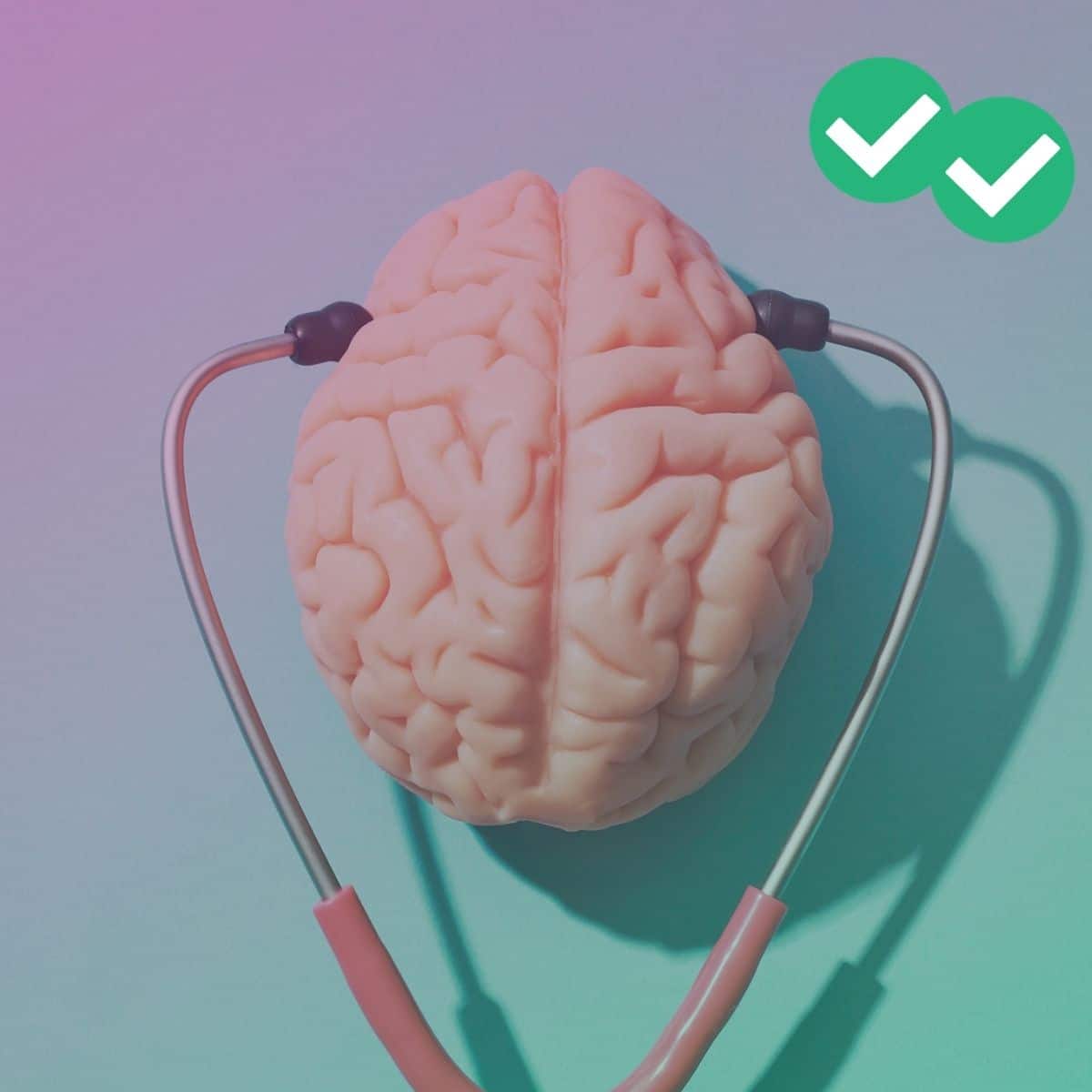

Question: Researchers performed a series of experiments to test the transport rate of the Na + /K + ATPase pump in nerve cells. Let’s look at an example so we can see what the AAMC actually means when they talk about testing experimental design: These are all skills you will use in abundance during your third and fourth year clinical rotations in medical school.Įxample of an Experimental Design Question You may also be asked to recognize factors that might confound the conclusions drawn from the experimental results. These questions could ask you to spot flawed research logic or point out the limitations of the research methods employed by the scientists.

They could ask you to think about the ways medical researchers take their measurements. These questions could ask you to identify how scientists control complex biological variables to test their theories. This is a trait medical schools want in their students because modern medicine combines disciplines from across the natural, physical and social sciences to research and extend medical knowledge. This includes demonstrating your understanding of important components of experimental procedure. These new skills will test your scientific analytical ability by determining if you can “do” scientific research. How important does this make these new skills? There will be more points hinging on these skills on your exam than organic chemistry, sociology or physics. The two new “scientific inquiry and reasoning skills” on the exam – “reasoning about the design and execution of research” and “data-based and statistical reasoning” – comprise between 35 and 40 questions on the new exam. Questions that require students to identify pieces of an experiment or explain abnormal results have been a part of the MCAT for decades, but never before has this aspect of the sciences been so overtly tested and so important to a student’s score. While those new topics are important, the AAMC actually added another new topic to the exam that most students are unaware of: the design and implications of scientific experiments. When the AAMC revamped the MCAT in April 2015, there was a lot of discussion and hype surrounding new subjects on the exam: biochemistry, sociology and psychology. But how are your “scientific inquiry and reasoning skills”? So you know about organic chemistry, sociology and physics.


 0 kommentar(er)
0 kommentar(er)
